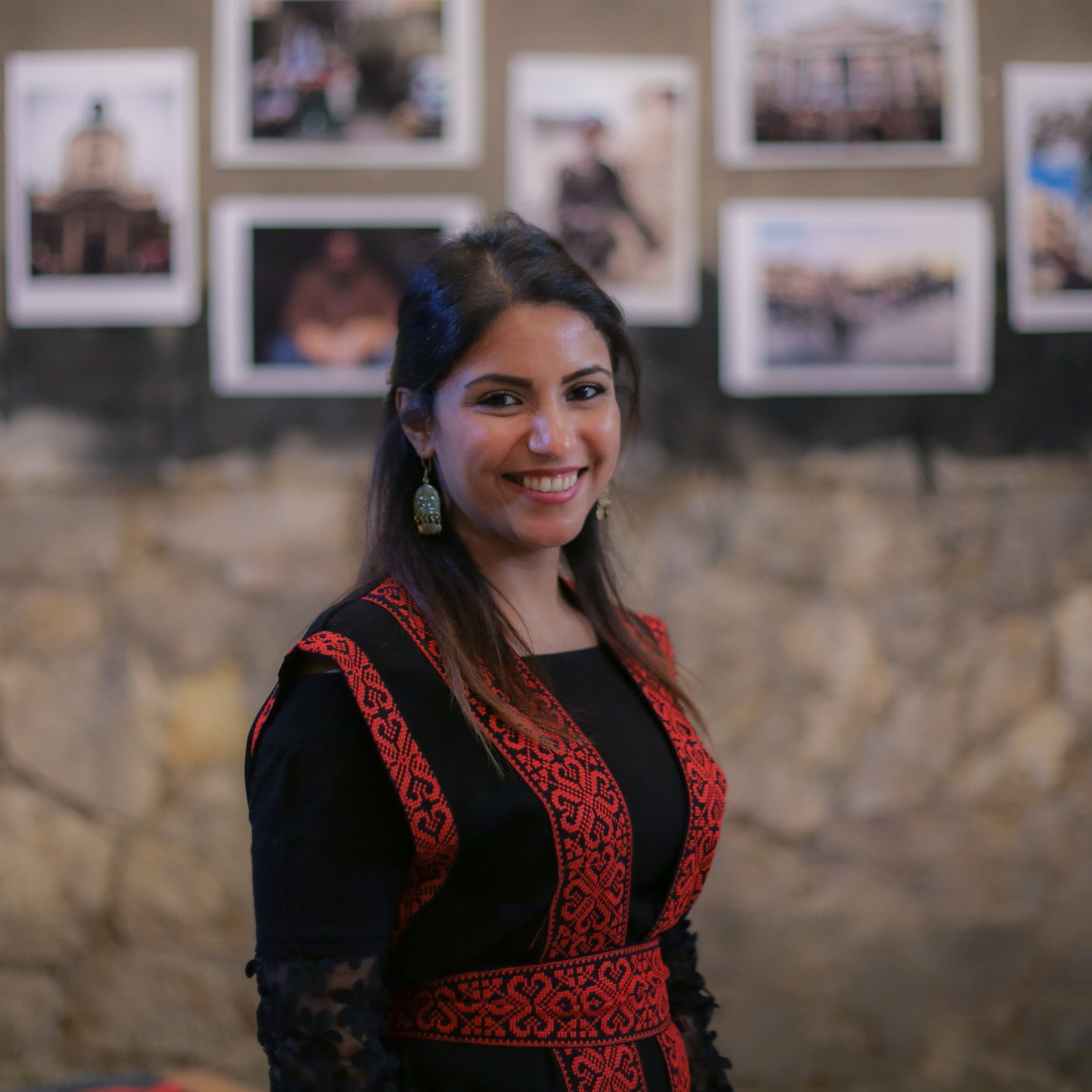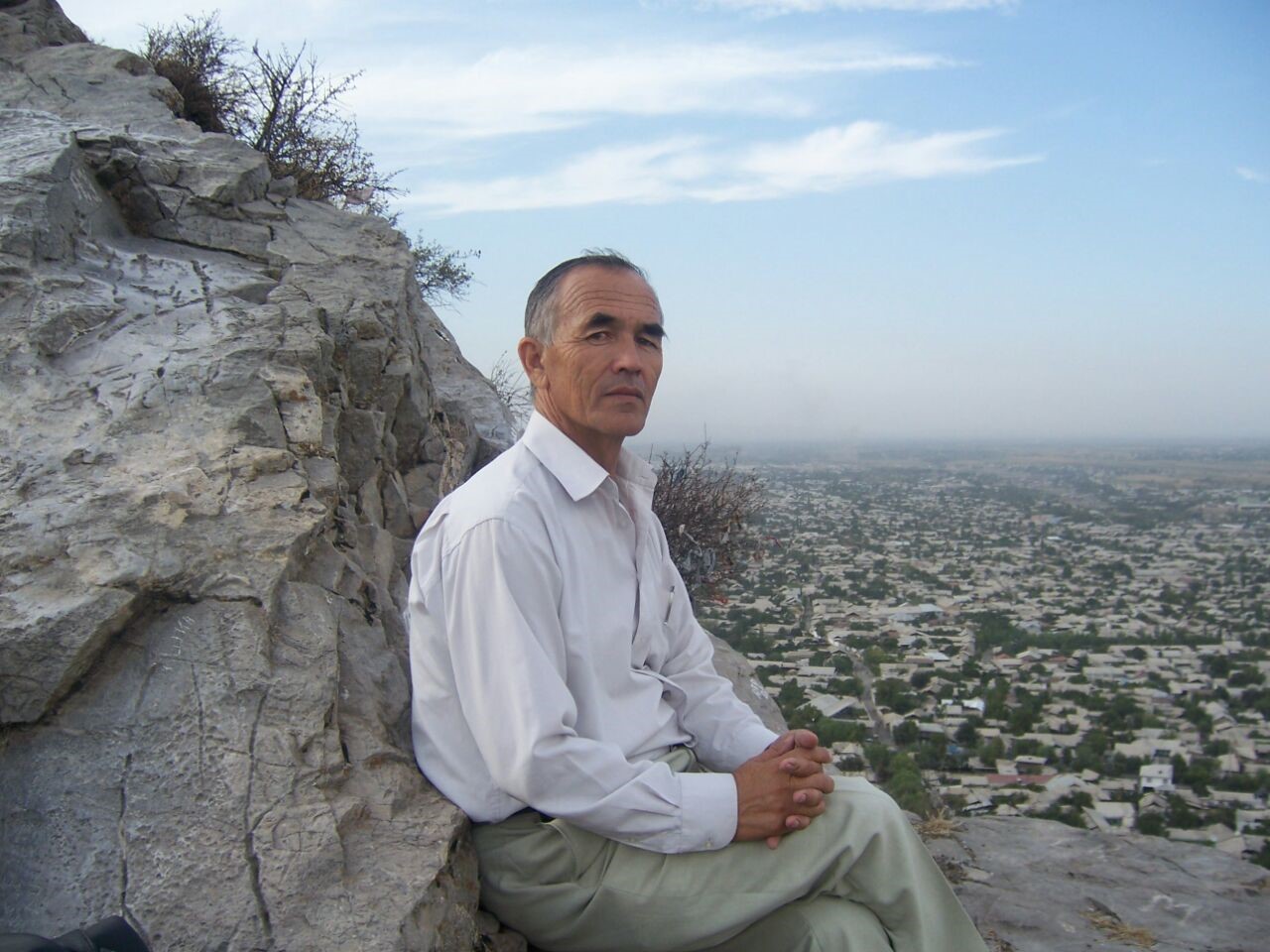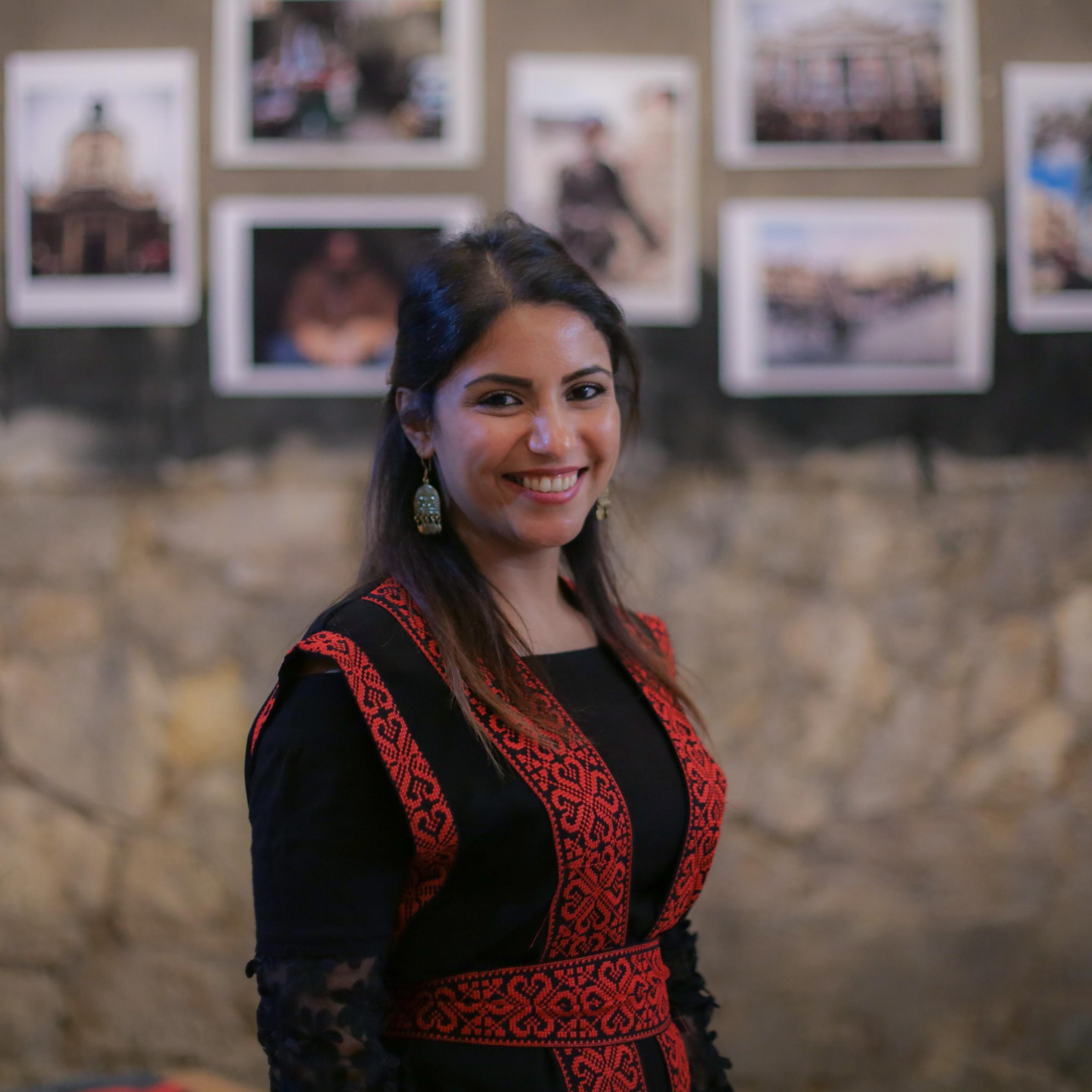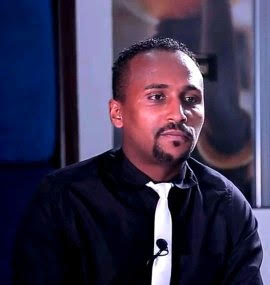
As the coronavirus continues to spread throughout the world, some prisons and detention facilities have become hot spots for virus outbreaks. For some journalists imprisoned on charges related to their work, this means COVID-19 has become even more life-threatening.
Azimjon Askarov, a reporter in Kyrgyzstan, has experienced deteriorating health after nine years in prison. So has Solafa Magdy, a reporter imprisoned in Egypt. Meanwhile, Mahmoud al-Jaziri, a reporter imprisoned in Bahrain, was moved to solitary confinement in April 8 after telling media about the coronavirus fears of fellow inmates.
These three journalists are among the 10 most urgent cases of threats to press freedom globally this month. The list is maintained monthly by the One Free Press Coalition, a collective of nearly 40 news organizations, including TIME.
Ahead of World Press Freedom Day on May 3, the One Free Press Coalition calls for the immediate release of all jailed journalists. “In light of the threat posed by coronavirus, their freedom is now a matter of life or death,” says the coalition in a statement.
Read about the 10 journalists on May’s list here:
1. Azimjon Askarov (Kyrgyzstan)
Jailed journalist in deteriorating health at high risk for contracting COVID-19.
On May 11, a Kyrgyz court is scheduled to hear the final appeal in the case of Azimjon Askarov, which has been drawn out during his nine years in prison, despite persistent international condemnation. The award-winning ethnic Uzbek journalist had been reporting on human rights when he was arrested on trumped-up charges that included incitement to ethnic hatred and complicity in the murder of a police officer. Askarov’s wife, Khadicha, recently wrote a letter to the Kyrgyzstan President pleading for the journalist’s release, saying he is “absolutely innocent” and suffers from painful bone and joint inflammation.

2. Abdulkhaleq Amran, Akram al-Waleedi, Hareth Hameed and Tawfiq al-Mansouri (Yemen)
Yemeni journalists long held captive in prison now sentenced to death.
On April 11, four Yemeni journalists—Abdulkhaleq Amran, Akram al-Waleedi, Hareth Hameed and Tawfiq al-Mansouri—were sentenced to death on charges of spreading false news. The individuals have been detained for nearly five years by the Ansar Allah group, known as the Houthis, at war with the internationally recognized government, a Saudi-led military coalition. The journalists’ lawyer says they were allowed no representation in the courtroom during sentencing, which was put off for so long because Houthi leaders were trying to release them as part of an exchange deal with the Yemeni government.
3. Mahmoud al-Jaziri (Bahrain)
Imprisoned reporter punished for telling media about inmates’ coronavirus fears.
Mahmoud al-Jaziri was moved to solitary confinement on April 8 as retaliation for an audio clip that surfaced on dissident-run media channel Bahrain Today3 in which he disputed reports that Bahraini authorities had taken measures to protect prisoners from the spread of COVID-19. A reporter for the now-defunct independent newspaper Al-Wasat, the last of the country’s independent newspapers, Al-Jaziri has been imprisoned since December 2015 on a 15-year sentence on charges of belonging to a terrorist group.
4. Solafa Magdy (Egypt)
Prison conditions heighten COVID risk for journalist in deteriorating health.
The overcrowding of Egyptian prisons—such as the one in Al-Qanater housing Solafa Magdy—and inhumane conditions threaten to turn detention places into clusters of disease. Magdy, a freelance multimedia journalist, and her husband have been jailed since November 2019 on charges of “membership of a banned group” and “spreading false news.” She has endured medical neglect and even declined treatment for fear of contracting an infection in the facility’s unhygienic hospital. In April, prison authorities prohibited Magdy’s mother from visiting and from contributing money and food for her.

5. Darvinson Rojas (Venezuela)
Freelance journalist and parents arrested for his reporting on COVID-19.
Venezuelan freelance journalist Darvinson Rojas spent 13 days detained after police agents showed up at his home claiming to be conducting a COVID-19 test. In reality, they broke in, violently arrested him and later interrogated him about sources of his reporting on COVID-19. According to local press freedom organization Espacio Publico, Rojas was secretly presented before a judge on March 22 and charged under the controversial “Anti-Hate Law” with incitement to hate and instigation. Rojas was denied the right to his private lawyer, instead represented by a court-appointed public defender.
6. Truong Duy Nhat (Vietnam)
Authorities switch charges to sentence blogger to 10 years behind bars.
Truong Duy Nhat, a blogger with Radio Free Asia’s Vietnamese language service funded by U.S. Congress, disappeared from a Bangkok shopping mall in January 2019 and two days later was in pretrial detention where he remained for 15 months before his sentencing on March 9 to ten years in prison. After police initially charged him with illegally acquiring property but failed to procure enough evidence, a half-day trial brought him up on charges of “abusing his position and power while on duty” as a reporter. Previously he served two years in prison for blogging critical of the Communist Party.
7. Elena Milashina (Russia)
Journalist fears for her life, after leader rebuffs her coronavirus reporting.
On April 12, independent newspaper Novaya Gazeta correspondent Elena Milashina wrote that quarantined Chechens had stopped reporting coronavirus symptoms for fear of being labeled “terrorists.”
Republic leader Ramzan Kadyrov called that “nonsense” and blamed the Federal Security Service for not silencing her. She has sought protection from the Investigative Committee of Russia and the prosecutor general’s office but gotten no response and has told CPJ by phone that she is “really afraid, as Kadyrov’s threats are really serious.” Six journalists who cover Chechnya have been murdered in Russia since 1992.
8. Mir Shakil ur Rehman (Pakistan)
To silence criticism of pandemic preparedness, government targets broadcast outlet and its CEO.
The CEO, owner and editor-in-chief of Jang Media Group, Mir Shakil-ur-Rehman, was arrested March 12 over a case involving allegations that he illegally acquired land in 1986. The next day, the Pakistan Electronic Media Regulatory Authority ordered cable distributors throughout the country to stop transmitting Geo TV, which is owned by Jang Media Group and is the nation’s largest TV news channel, or move its broadcasts to a higher, harder-to-find channel. Despite no charges filed, Shakil-ur-Rehman was denied bail on April 7. The channel has criticized the government’s coronavirus preparations.
9. Yayesew Shimelis (Ethiopia)
Journalist charged with “hate speech and disinformation” for COVID coverage.
On March 26, journalist Yayesew Shimelis published to Facebook and YouTube a report about the COVID-19 virus which Ethiopia’s Ministry of Health condemned as false. He told a friend he feared government retaliation—and the next day was arrested at a relative’s home. On three occasions from April 15 to 21, police failed to respect court orders to release Yayesew, instead introducing new allegations against him. He was eventually released on bail until a May 15 hearing on charges of distributing disinformation, punishable with up to three years in prison or a fine of up to $3,000 under a recently enacted law.

10. Jamal Khashoggi (Saudi Arabia)
Pressure persists for Kingdom to release jailed journalists—and bring justice for brazen murder.
Saudi Arabia imprisoned 26 journalists in 2019, according to CPJ tracking, and has yet to deliver justice in the 2018 killing of The Washington Post columnist Jamal Khashoggi. Findings from the U.S. and UN point to an “extrajudicial killing” involving the Saudi crown prince and demanding an independent criminal investigation. For its part, Turkey indicted 20 Saudi nationals on March 25 on charges of murder and incitement linked to Khashoggi’s murder.
More Must-Reads from TIME
- Donald Trump Is TIME's 2024 Person of the Year
- Why We Chose Trump as Person of the Year
- Is Intermittent Fasting Good or Bad for You?
- The 100 Must-Read Books of 2024
- The 20 Best Christmas TV Episodes
- Column: If Optimism Feels Ridiculous Now, Try Hope
- The Future of Climate Action Is Trade Policy
- Merle Bombardieri Is Helping People Make the Baby Decision
Contact us at letters@time.com